Our Main Areas of Activity
Finding solutions for rural development and biodiversity conservation
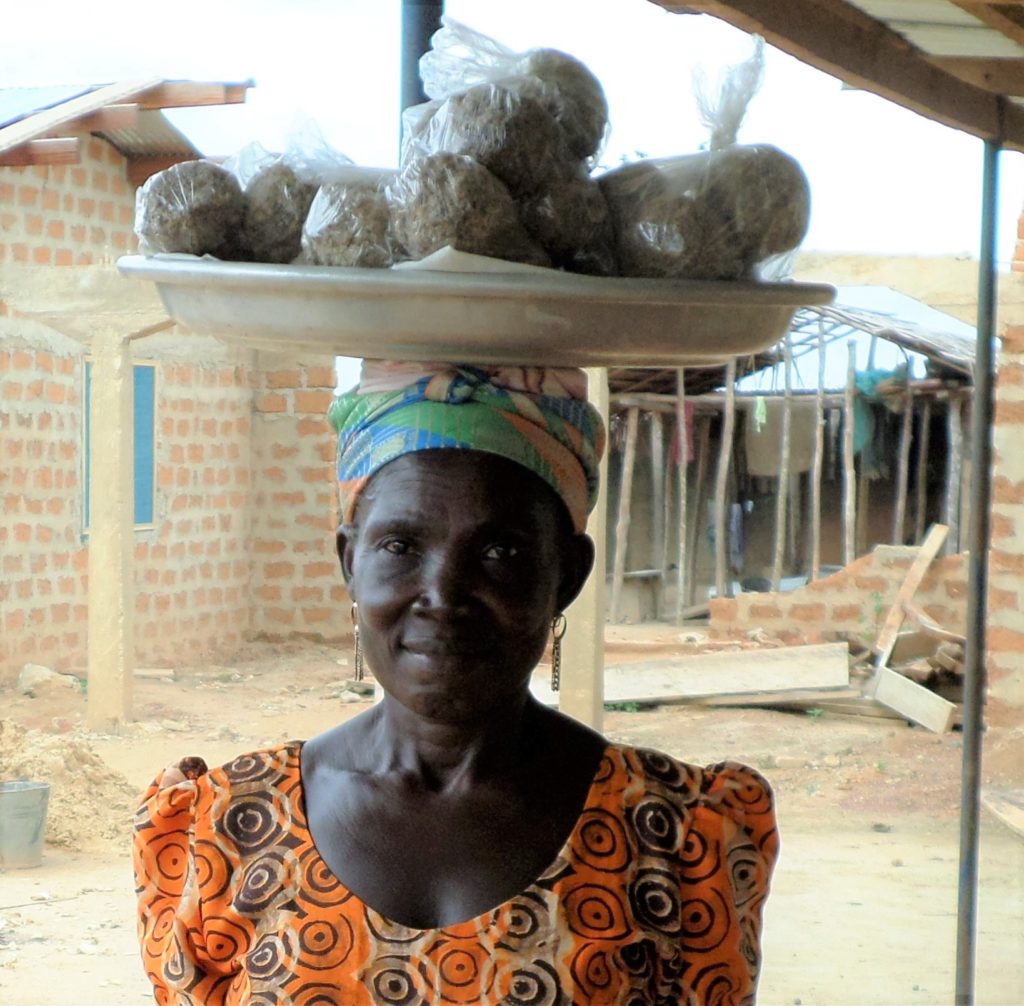
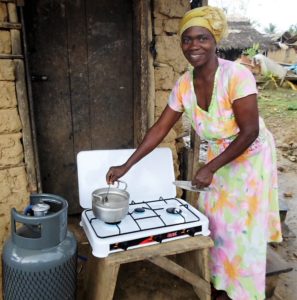
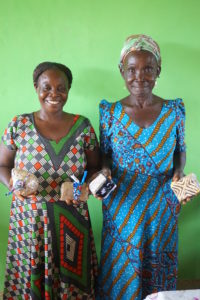
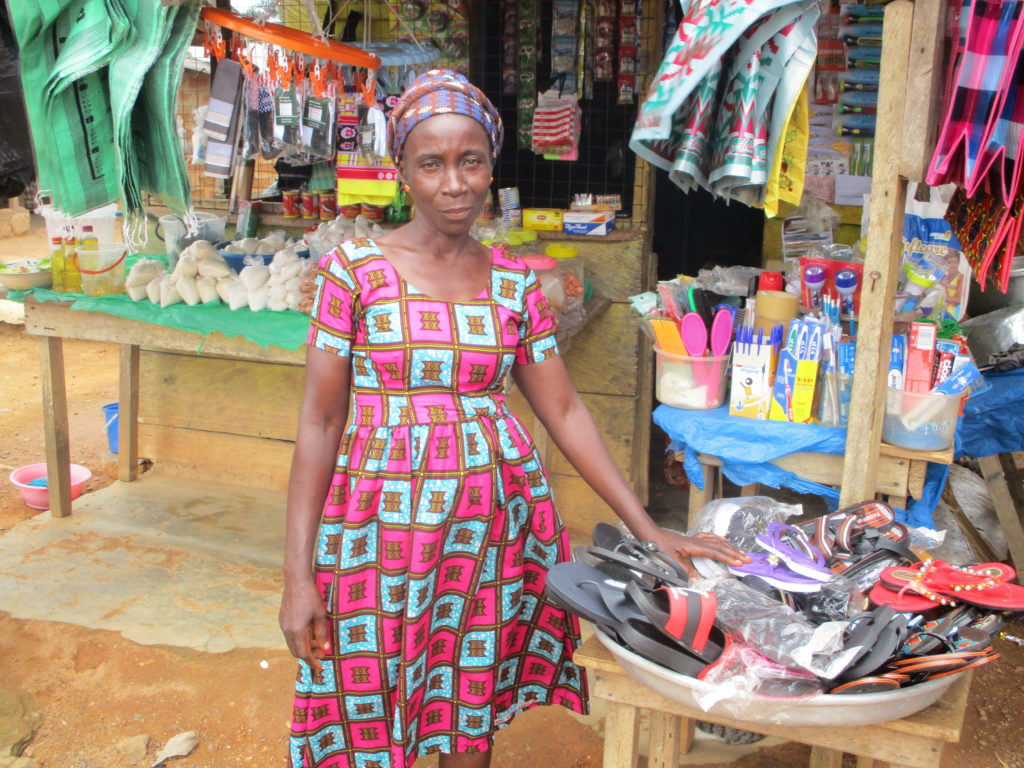
Success Stories
Microsfere has supported more than 600 micro-entrepreneurs working in the following areas: fishing, pig rearing, small-scale trade, agricultural activities (cacao, vegetables, etc.), fishmongering and food processing. We also supported the creation of new social or environmental-friendly micro-enterprises, such as soap making, bee-keeping, grass-cutter rearing, handicrafts and fishmongering with improved smokers (chorkor smokers). A key focus in recent years has been the provision of cookstoves to more than 420 beneficiaries, in order to combat deforestation and respiratory infections stemming from the traditional cooking methods.

More Details About
Our Main Areas of Activity
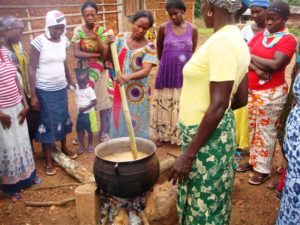 Business and Technical training
Business and Technical training
Following a Training Needs Assessment, Microsfere implemented in 2010 and January 2011 an intensive training programme targeting its 500 beneficiaries. The aim of this training, implemented with the support of CRAN (a microfinance NGO striving to reduce poverty and its effects among disadvantaged groups and communities in rural Ghana), was to increase the capacity-building of our participants in two areas: business and technical skills.
The business training was addressed to all beneficiaries in both project sites, though only 302 finally participated. It consisted of the following 10 modules: 1) Entrepreneurship & business plan development; 2) Effective communication; 3) Effective time & resources management; 4) Savings & increasing business profit; 5) Proper record keeping; 6) Good customer care & marketing skills; 7) Business diversification & investment opportunities; 8) Cost-benefit analysis; 9) Difference between revenue & profit; and 10) Prudent/effective credit management.
The technical training was addressed to 258 participants who had indicated during the TNA an interest in applying improved techniques or starting new micro-enterprises. The technical topics taught were: 1) Small ruminants rearing; 2) Pig rearing; 3) Improved cocoa farming techniques, 4) “Chorkor” smoker for fish; 5) Agroforestry; 6) Bee-keeping; 7) Grasscutter rearing; and 8) Soap making. Six of the eight technical topics taught (cocoa farming techniques, “chorkor” smoker, agroforestry, bee-keeping, grasscutter rearing and soap making) are “biodiversity-compatible activities” as they either relieve pressure on natural resources or they introduce alternative livelihoods that have no impact on protected resources.
Since then, and due to the high interest, we have repeated training in soap making, grass-cutter rearing and bee-keeping.
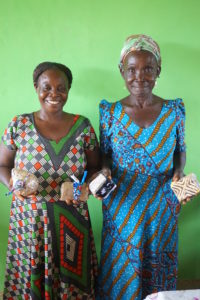 Promotion of pilot micro-enterprises
Promotion of pilot micro-enterprises
In order to promote high added-value microenterprises that diversify beneficiary’s income-generating activities, Microsfere supports the promotion of new types of microenterprises. Given the inherent risk in new types of activities and people’s reticence in engaging in them, we have developed new activities on pilot level in order to showcase their technical and financial feasibility. We have thus promoted the following types of pilot microenterprises: beekeeping (2 units), grasscutter rearing (2 units), soap making (about 10-20 units), sylviculture (1 unit), chorkor smoker for fish (about 15 units) and handicrafts (2 units). The beneficiaries who have started up those pilot units have been assisted by Microsfere with technical training in order to increase their technical skills; they have also received financial support either in the form of microcredit, or as contribution in kind in the start up costs
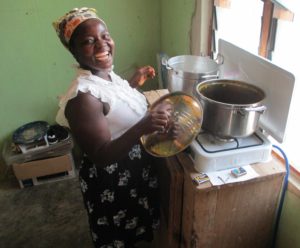 Clean energy
Clean energy
A new initiative started in late 2015 with the financial support of the french Agence de Microprojets , the objective of which was to introduce gas stoves to the rural families living in the Kakum National Park. The majority of the rural families use the highly inefficient « three stone » cooking system, in which a pot is simply placed on three stones, and the burning wood is placed underneath. This system burns a lot of wood, leading to deforestation, produces toxic fumes, thus endangering the health of women and their children and increasing CO2 emissions.
The introduction of gas cookstoves is a very efficient way to combat all those problems at once. Our beneficiaries have attested that the quality of their lives has significantly improved since using the gas cookstoves: they no longer have some health issues such as sore eyes or difficulty in breathing, and they spend much less time preparing the fire and the food which allows them to have more time for other tasks. Dependence on fuelwood has also decreased significantly; in fact, a great number of beneficiaries no longer depend on fuelwood.
In the first phase of this project, a total of 70 households received gas stoves as well as training on their advantages, use and maintenance. Following the success of this first phase, and given the high demand, we conducted three more rounds of the cookstove project, reaching a total of more than 420 beneficiaries. Click here for photos of our project.
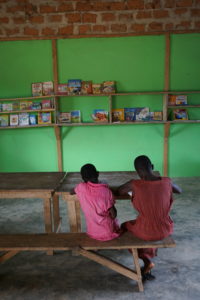 Opening of children’s libraries
Opening of children’s libraries
In 2013 we opened two children’s libraries in collaboration with the communities of Brahabebome in Kakum National Park and Ekabaku in the Amanzuri wetland. A third library was opened in 2014, in the community of Abeka Nwantaa in Kakum National Park and a fourth one in 2018 in the community of Kenkuase. The communities provided the space and cabinets, while Microsfere provided the books. In Abeka Nkwantaa, Microsfere also made a contribution for the construction of the buildling. A good number of books are related to the natural environment. Microsfere is also providing support and training to the librarians who were chosen in collaboration with the communities. The libraries are having a great success and are being visited also by children of neighboring communities.
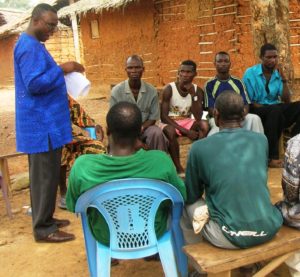 Community education
Community education
In one of our two project sites (Amanzuri) Microsfere has been implementing a community awareness programme in two thematic areas: environment and health. As far as the environment is concerned, the Microsfere staff is having informal and interactive presentations addressed to the project participants, on issues of direct relevance to their environment and their well-being, such as waste management, protection of water resources, illegal logging, etc. From time to time we also launch quiz competitions in local schools, around the subject of environmental protection. Concerning the health education, Microsfere is partnering with the local Health Clinic, who sends a trained staff once per month to present issues related to health issues directly affecting our project participants, such as familly planning, hygiene, protection against malaria, nutrition, cancer, local illnesses, etc.









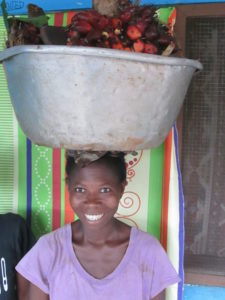 Social Microfinance
Social Microfinance
Since the first disbursement on the field in late 2008, we have managed to reach approximately 500 beneficiaries (about 300 in Kakum and 200 in Amanzuri) and to give out a total of 1275 loans so far. The initial fund that has been collected by Microsfere and is being used as a revolving fund amounts to about 56,000 euros. Microsfere remains the owner of this fund, which is managed on day-to-day basis by our microfinance partners on the field, namely the Kakum Rural Bank in Kakum and the Jomoro Rural Bank in Amanzuri. Those two institutions are responsible for the disbursements and reimbursements, on the basis of specific criteria that have been agreed to between Microsfere and them. Microsfere oversees the whole process and has the final saying in the way the fund is managed.